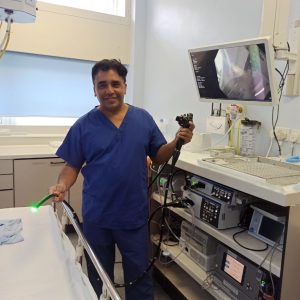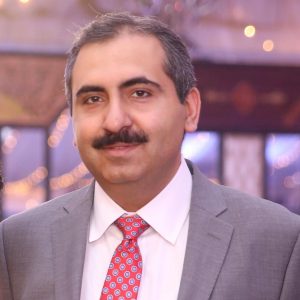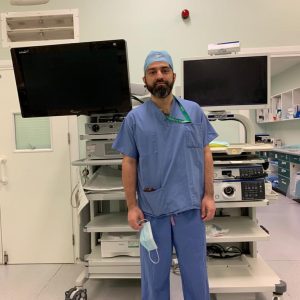About Us
The last 15 years has seen the emergence of subspecialisation within all medical specialities. In particular surgical subspecialisation has evolved at a high pace and it has become a standard in most countries of the world. Surgeons in developed countries have specific interests e.g. colorectal, vascular, hepatobiliary, endocrine or breast surgery.
Numerous publications within the last decade have confirmed better patient outcomes when managed by specialist surgeons. This is seen especially in the case of cancers. The term oncological surgeon who used to treat all sort of cancers has disappeared in Europe and the UK.
The evolution of subspecialisation in Pakistan is on its way. The concept has already arrived but the training needs extensive input to enable its launch. The introduction of subspecialisation, will make it possible to remain on top of all the clinical advancement that takes place within the relevant subspeciality. We also want to introduce the concept of multidisciplinary team meeting MDT because it will improve the clinical and oncological outcomes.
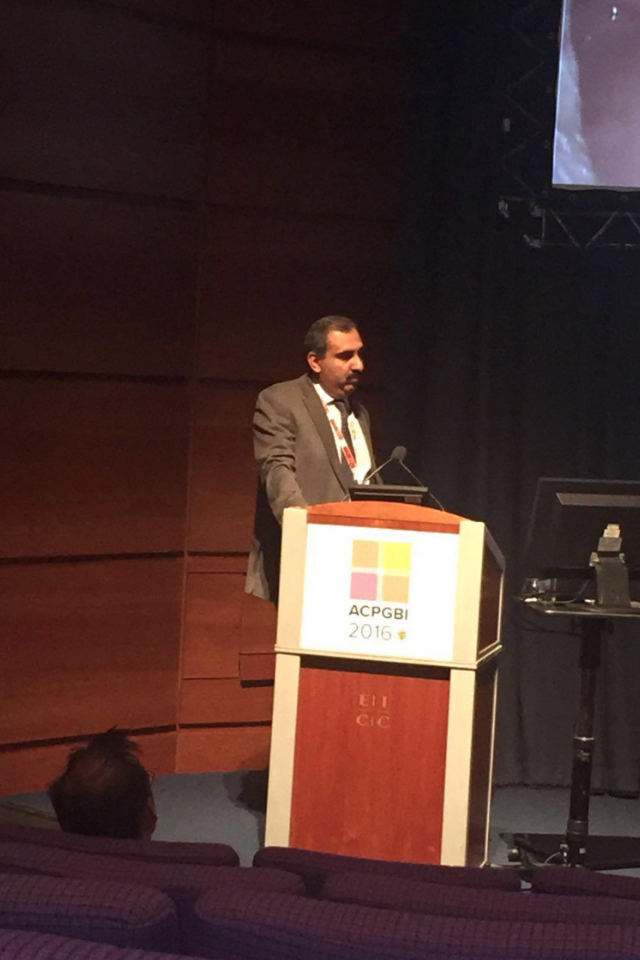
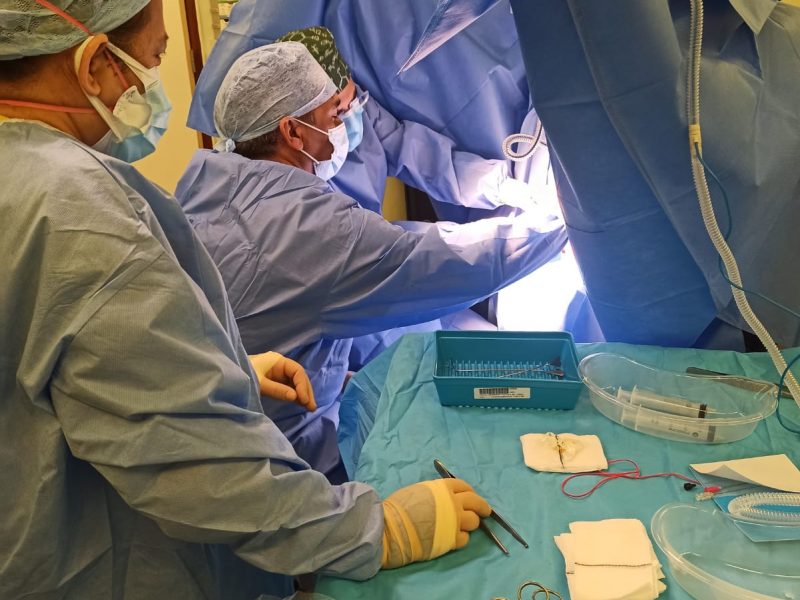
EVOLUTION OF SUBSPECIALISATION
The last 15 years has seen the emergence of subspecialisation within all medical specialities. In particular surgical subspecialisation has evolved at a high pace and it has become a standard in most countries of the world. Surgeons in developed countries have specific interests e.g. colorectal, vascular, hepatobiliary, endocrine or breast surgery. Numerous publications within the last decade have confirmed better patient outcomes when managed by specialist surgeons. This is seen especially in the case of cancers. The term oncological surgeon who used to treat all sort of cancers has disappeared in Europe and the UK.
The evolution of subspecialisation in Pakistan is on its way. The concept has already arrived but the training needs extensive input to enable its launch. The introduction of subspecialisation, will make it possible to remain on top of all the clinical advancement that takes place within the relevant subspeciality. We also want to introduce the concept of multidisciplinary team meeting MDT because it will improve the clinical and oncological outcomes.
Colorectal surgery is one of the most challenging surgical specialty. This is due to the fact it involves a wide variety of complex conditions with fairly significant complications index. Some of the conditions may result in reduction in quality of life and others can give permanent disfigurement and disabilities.
Colorectal academy has faculty comprising of three surgeons who are trained to a very high level in UK national speciality training number scheme (NTN). We are currently working as substantive colorectal consultant surgeons in NHS Foundation trusts UK. We have a vast experience of treating colorectal and general surgical pathologies. We are specialised colorectal surgeons and well versed with minimally invasive surgery including laparoscopic and robotics. We have produced results to the highest standards in this area. We are keen to transfer this knowledge and experience to other surgeons around the world.
We believe that we will make a huge difference in improving the standards of colorectal surgery in our homeland.
We aim to introduce specialized colorectal training to surgeons within Pakistan. Our aim is to start academic training using online webinars followed by live operating. We will also support a period of colorectal fellowship within UK for interested candidates.
Our Experts Team
We are group of surgeons with vast knowledge and experience in general and colorectal surgery.
Consultant Surgeon
Mr Tayyab is an enthusiastic person and has a dynamic personality. He spent his junior surgical training in Yorkshire. He was awarded his doctorate degree in oncology research at University of Hull.
Consultant Surgeon
Mr Siddiqi graduated from Nishtar Medical College. He completed specialty training in the Wessex deanery and had subspecialist training in Robotic Colorectal Surgery as a fellow at the Queen Alexandra Hospital.
Consultant Surgeon
Mr. Ahmad completed basic surgical training in Merseyside. His interest in surgical research brought him to St Thomas’ Hospital in London where he completed a higher degree at Kings College London.

